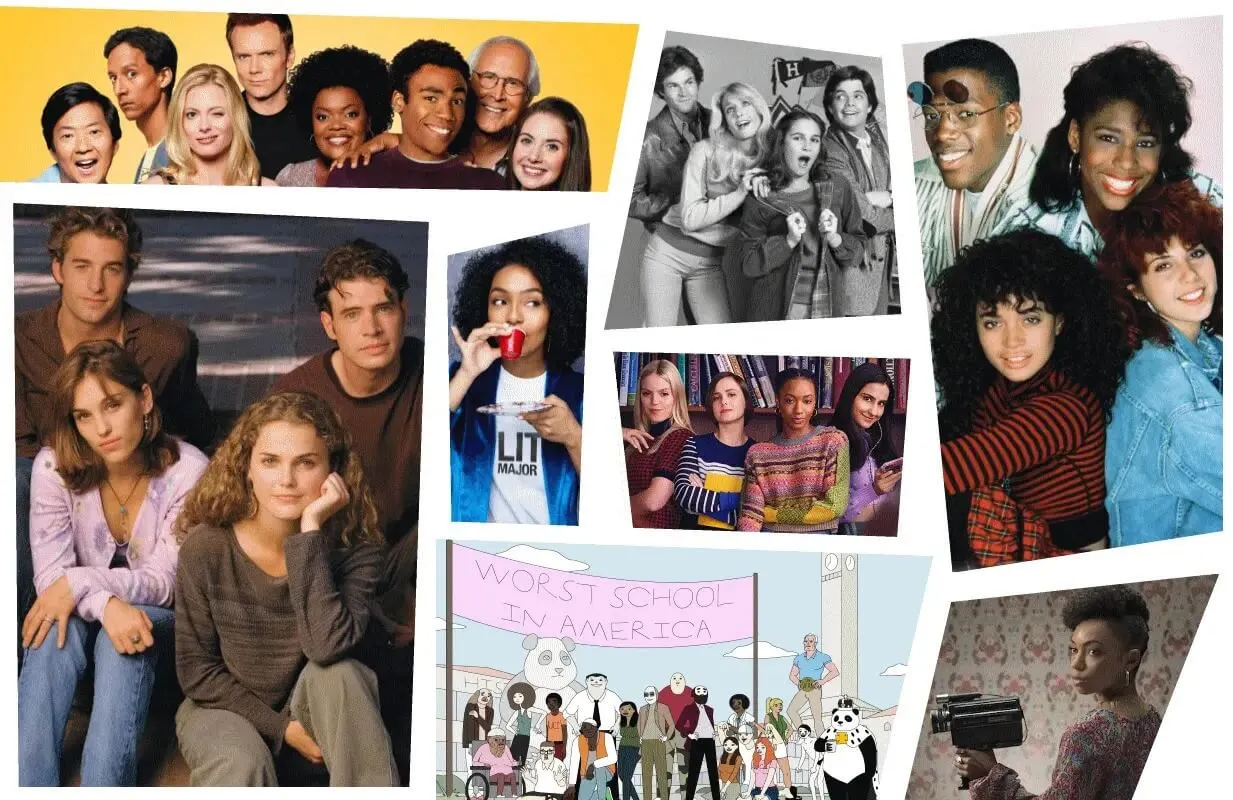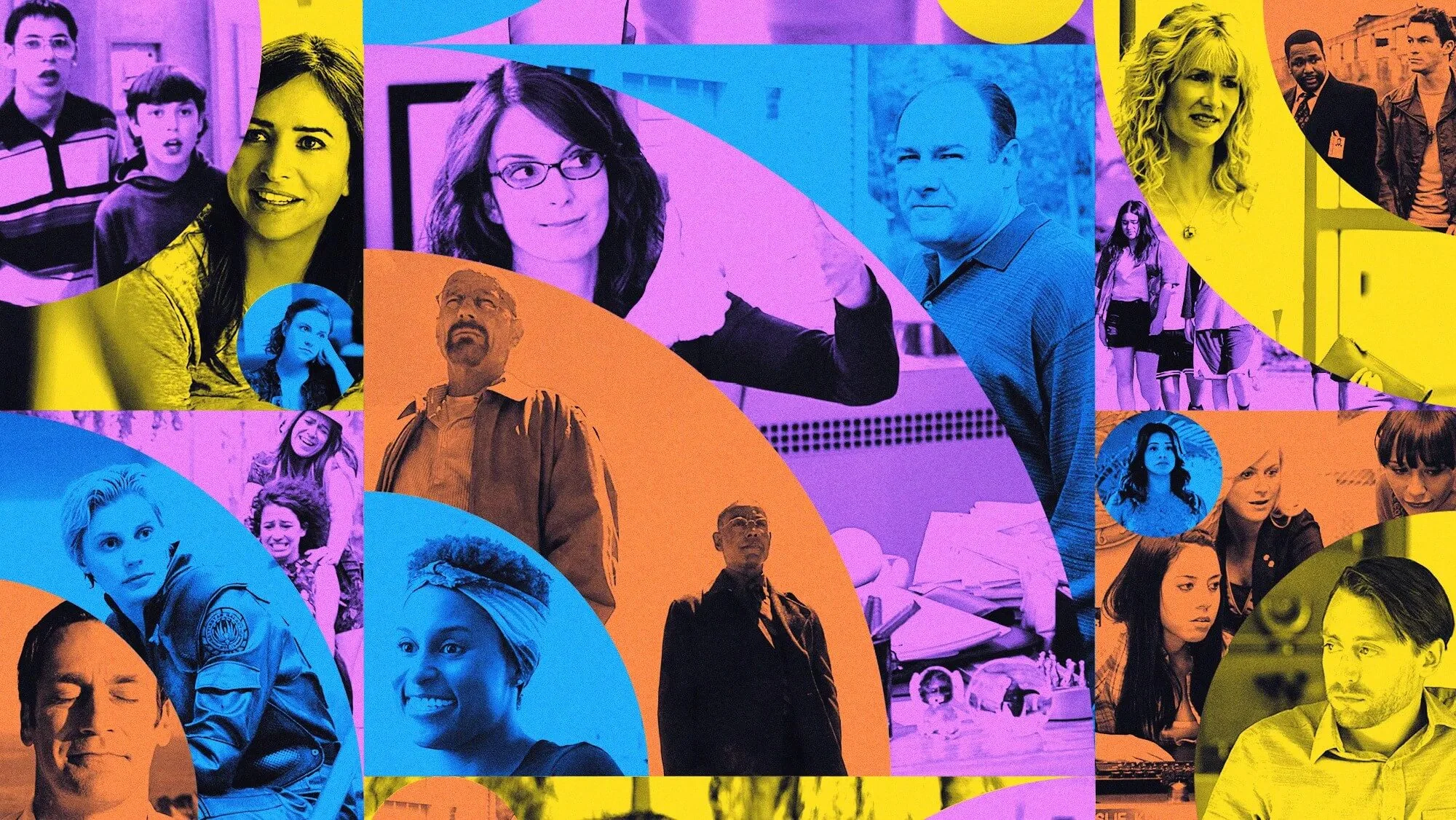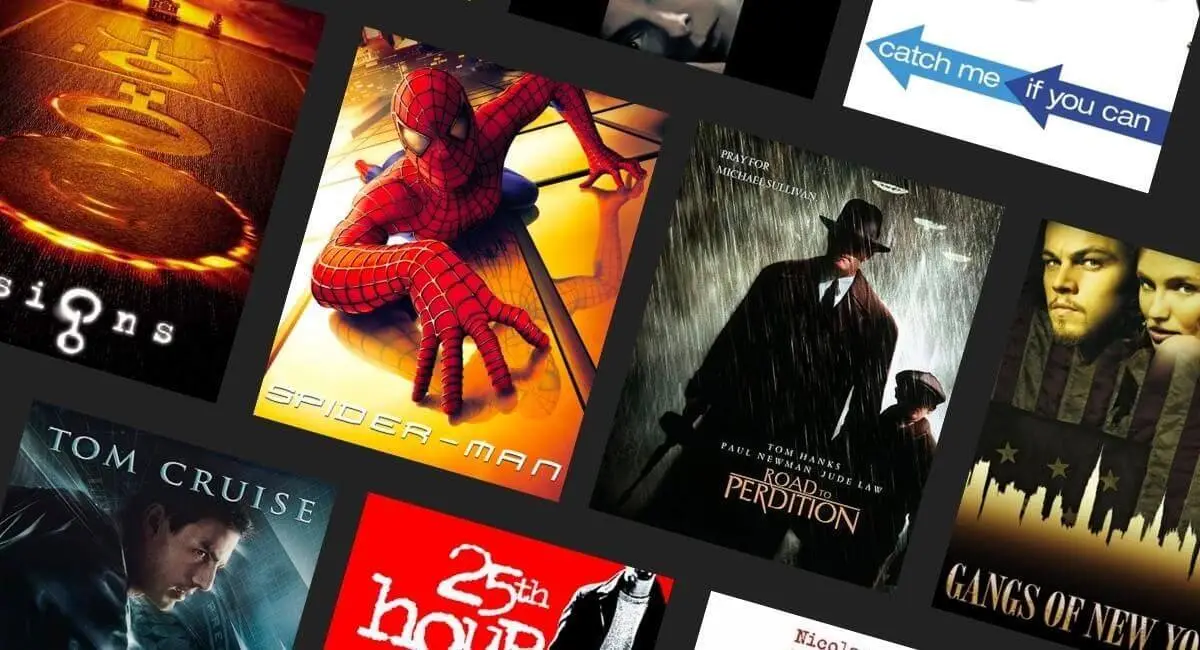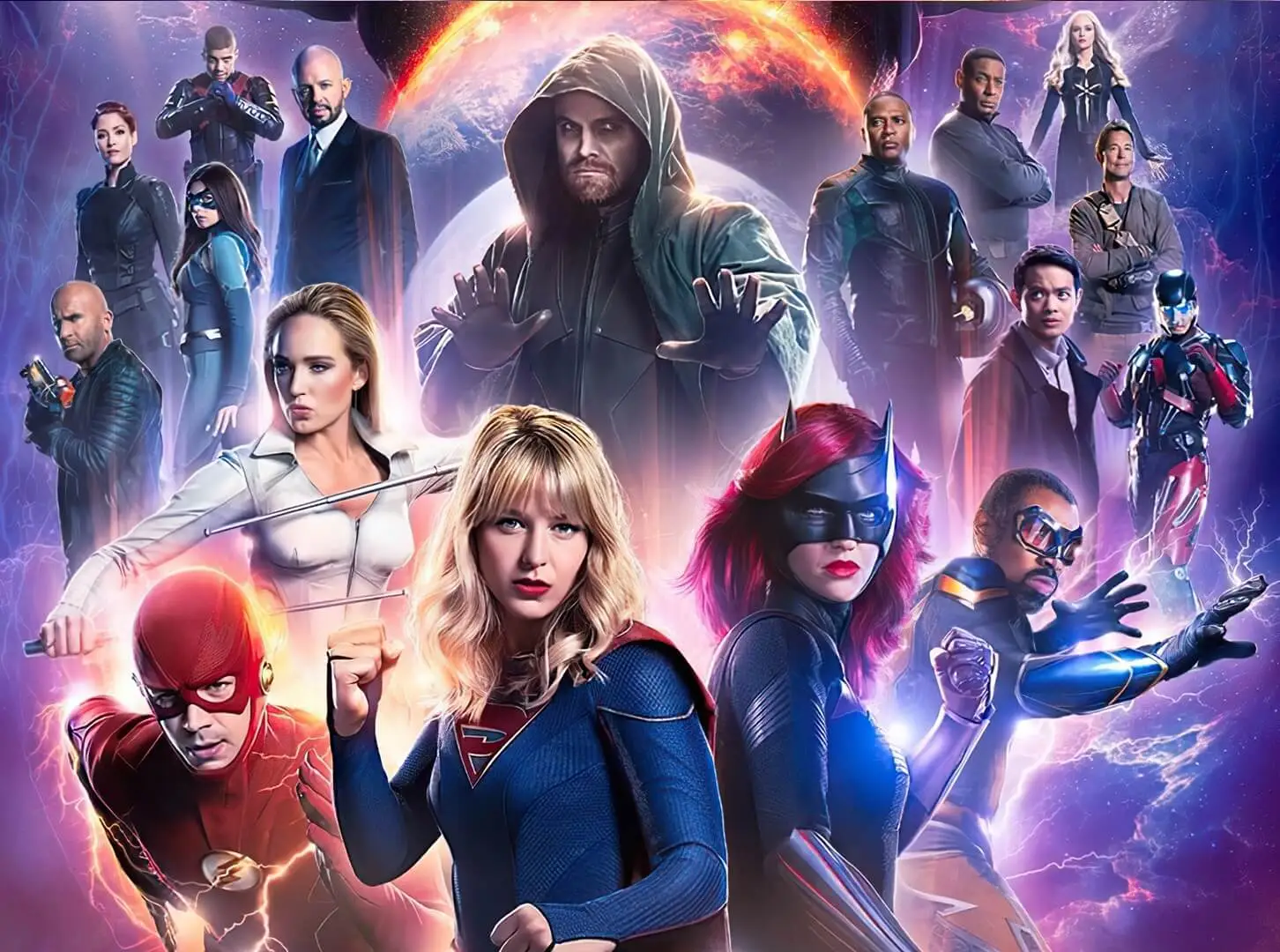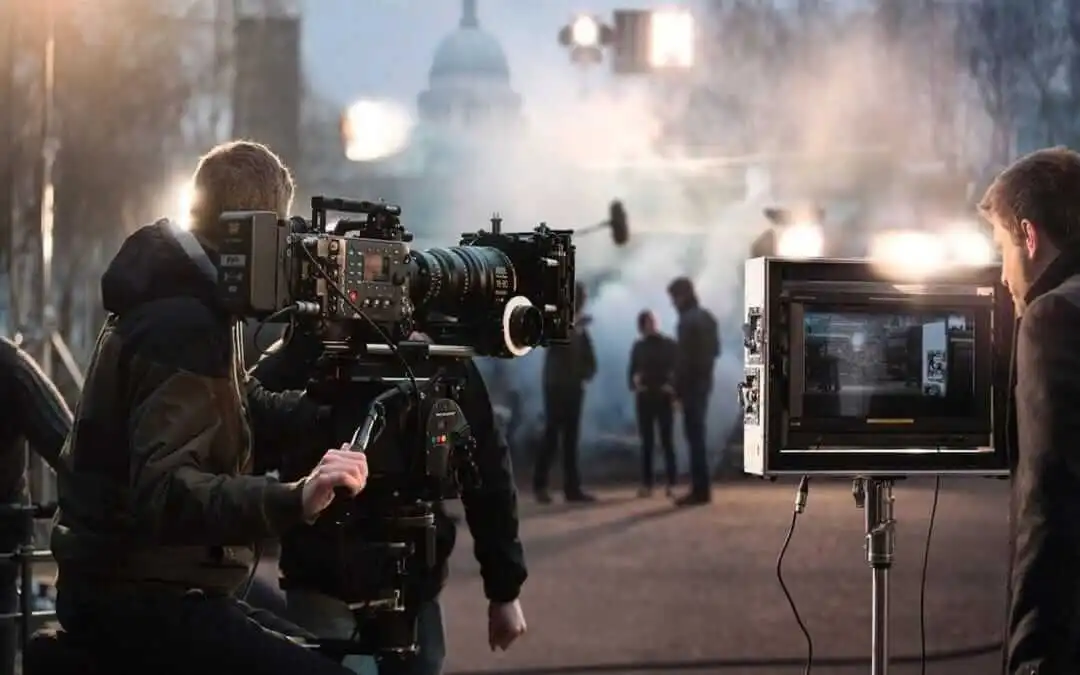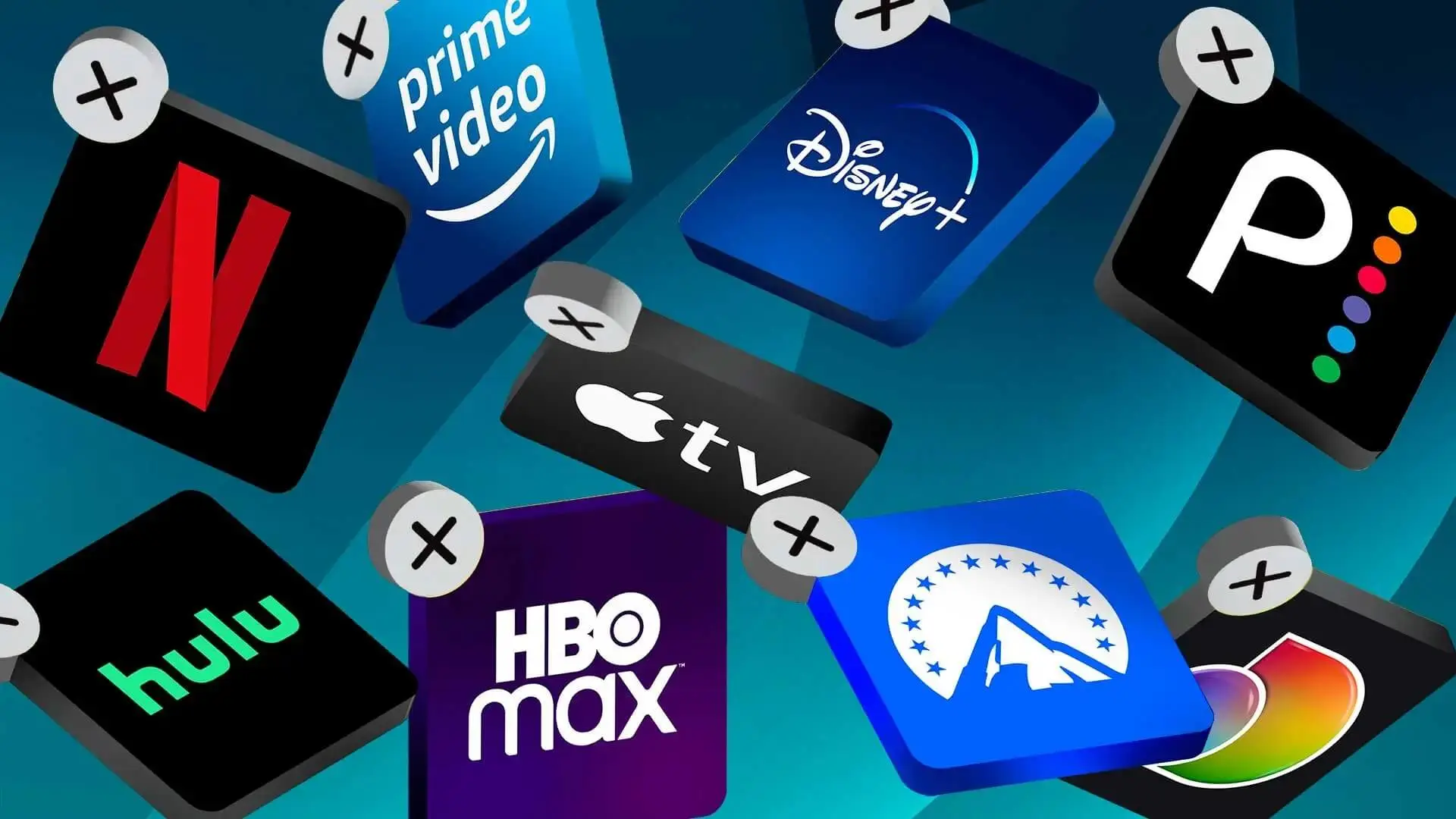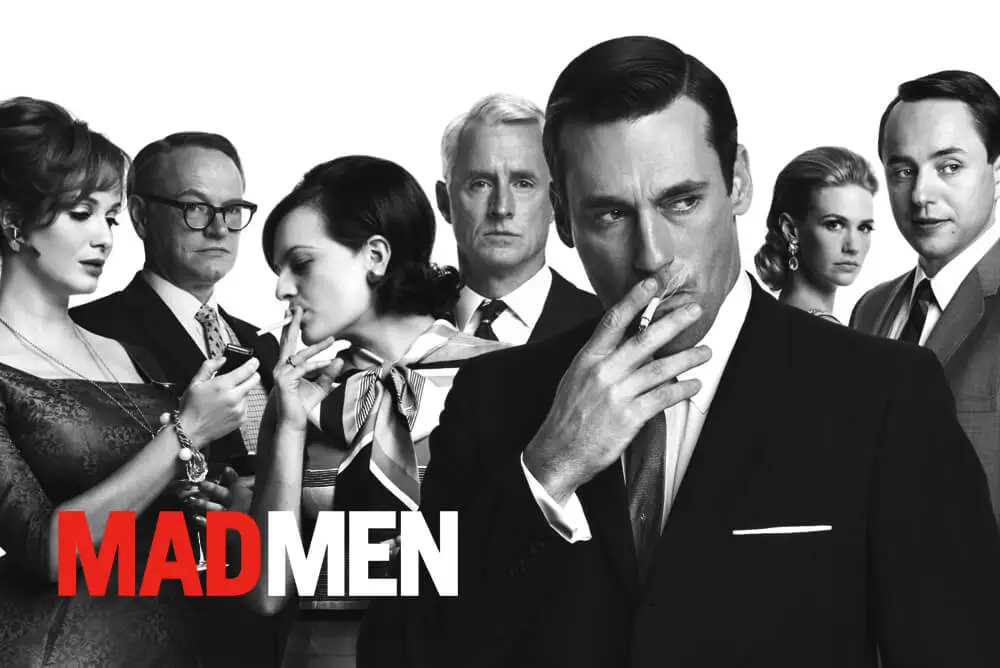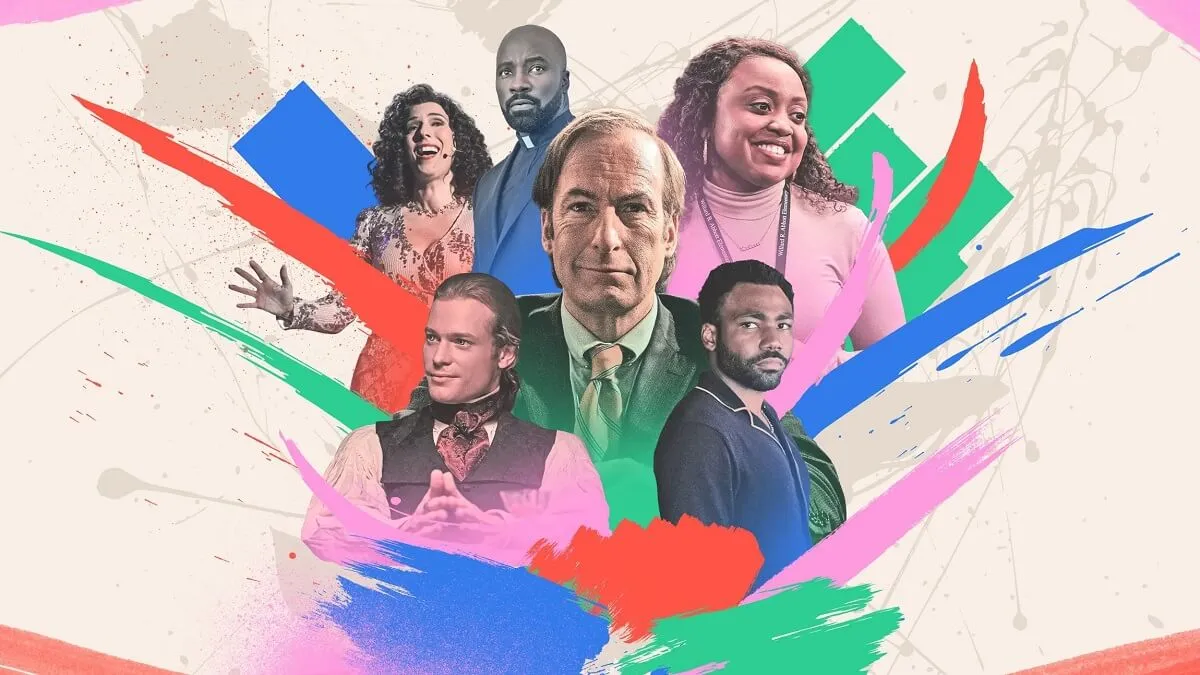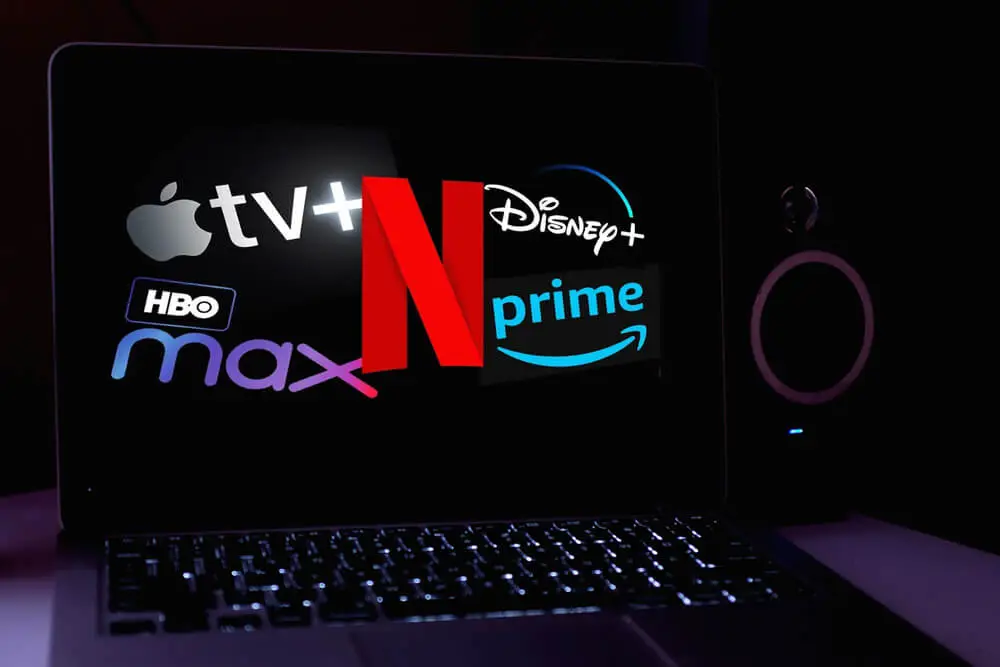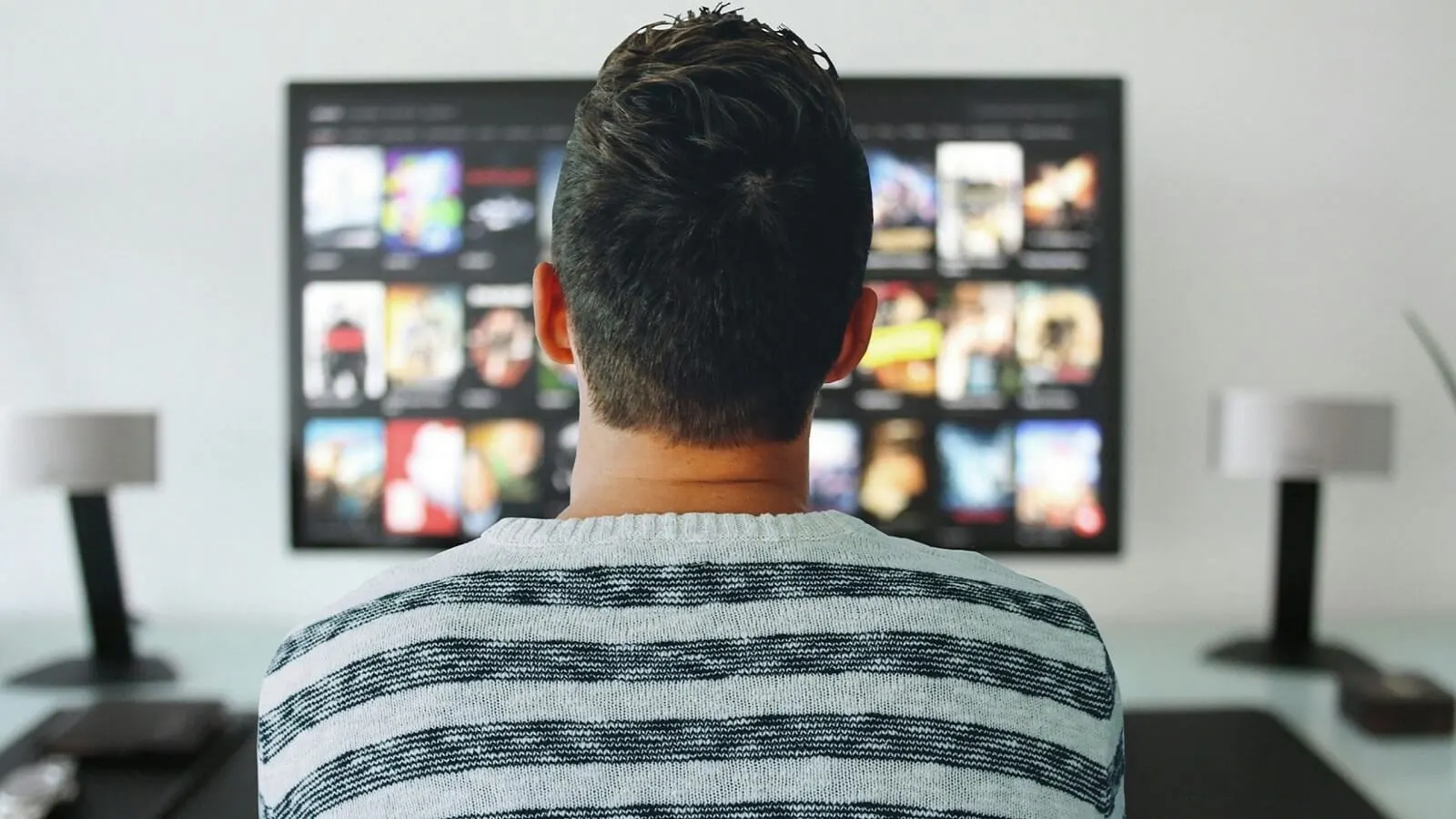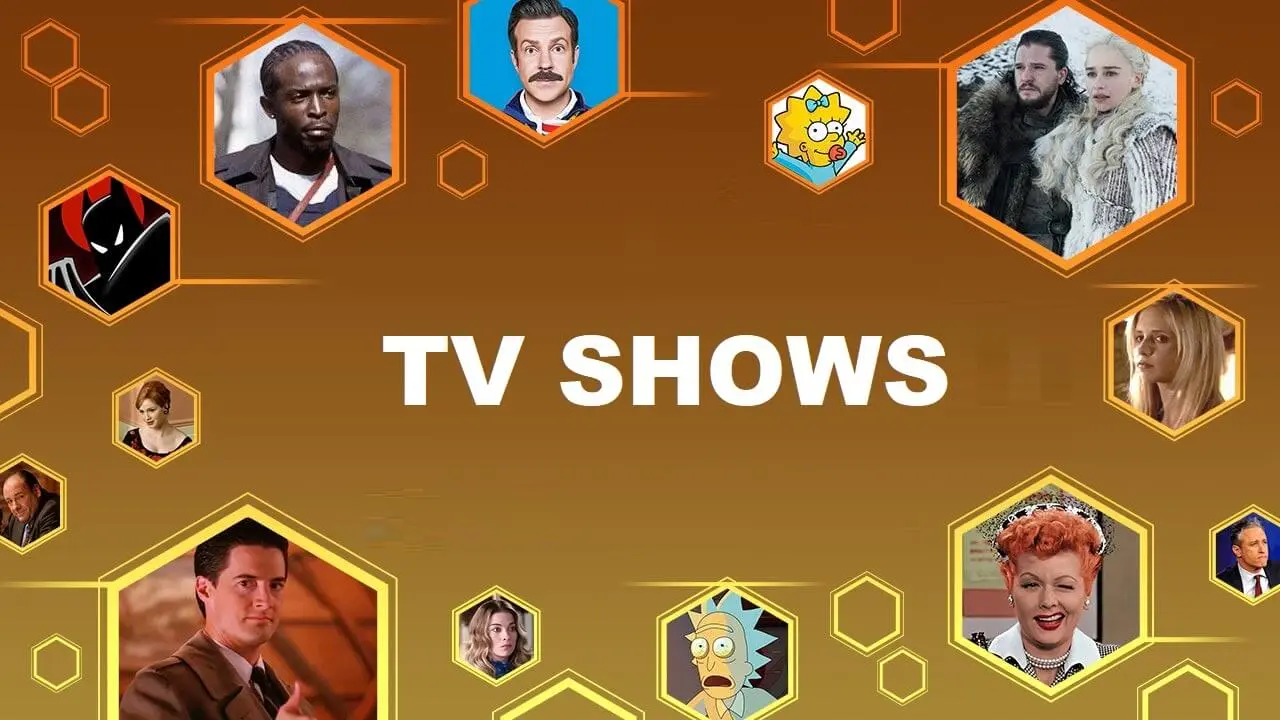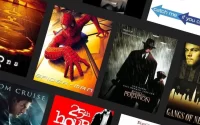TV’s Most Hated Villains: Why We Love to Loathe Them
Whether it’s Walter White poisoning a child or Dolores Umbridge cruelly punishing students, TV gives us plenty of villains to root against. In fact, some of the small screen’s Most Hated Villains are so despicable precisely because they feel real – their evil acts hit close to home. But why do we subject ourselves to such unlikable characters? There may be more to it than meets the eye.
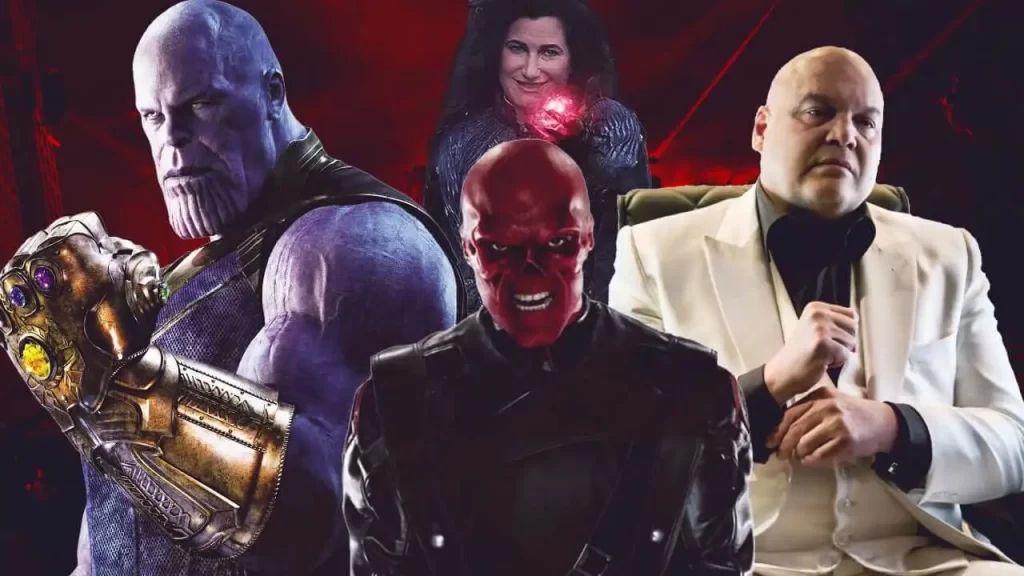
Content
TV’s Most Hated Villains: The Appeal of the Antagonist
All great stories need an antagonist to drive the plot and raise stakes for the protagonist. TV’s Most Hated Villains keep audiences hooked not just because we want to see the hero prevail, but also to witness the villain’s downfall. Their cunning schemes and ability to frustrate the good guys’ plans make for highly watchable television. We’re fascinated by their motivations and desperate to see justice served. Rooting against villains satisfies our desire for narrative conflict and cathartic comeuppance.
Memorable Malefactors
The Most Hated Villains achieve iconic status because of their complexity. They aren’t purely evil but rather believe themselves righteous in their madness. Joffrey Baratheon felt entitled to his cruel tyranny while Dolores Umbridge hid behind false kindness – their insidious natures made them all the more disturbing. Villains who think themselves heroes amid monstrous acts burrow deeper under our skin. When they meet their match, it’s incredibly satisfying. Their memorable misdeeds still spark debate long after the credits roll.
Evil We Can Understand
Perhaps the most unsettling aspect of TV’s Most Hated Villains is that aspects of their evil seem human – and therefore understandable, if not justified. Walter White began with good intentions that spiraled into monstrous acts once he tasted power. Viewers could relate to his pride and desperation, even if we abhorred his crimes. Seeing hints of ourselves in villains, even as we condemn them, may be what keeps us watching – and talking about them long after.
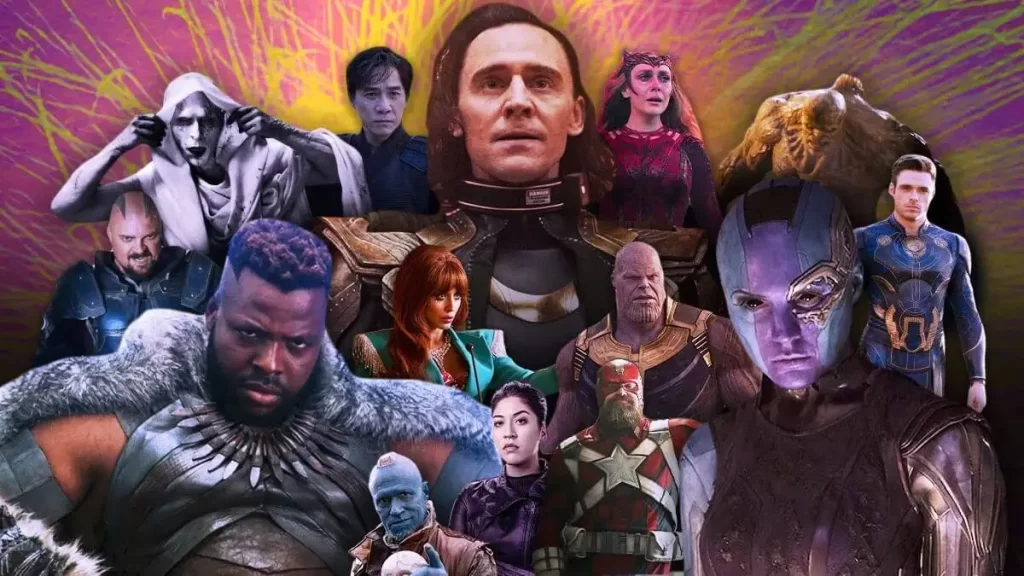
Summary
In summary, while we relish seeing TV’s Most Hated Villains get their comeuppance, there may be deeper psychological reasons we’re drawn to love to loathe them. Their complexity, humanity, and ability to drive compelling narratives keep us obsessively following their misdeeds, even as we root for justice. Memorable villains have a way of burrowing under our skin that makes them impossible to forget.
FAQs
Why do some viewers feel sympathy for TV villains, even if they don’t condone their actions?
When villains are given backstories that provide context for their evil acts or show humanity beneath the surface, it can spark viewer empathy. We want to understand what drove someone to villainy, even if we can’t excuse their behavior. Complex villains feel more real, keeping us invested in their downfall and redemption.
What makes for an especially memorable and rewatchable villain character?
The most iconic villains have clear motivations, are formidably intelligent or powerful, experience character development over time, and present an ongoing challenge or threat to the hero(es). They also tend to leave lasting impacts, whether through dramatic deaths or by continuing to influence the story’s world and themes long after their defeat.

Meet Andrew, the entertainment enthusiast. He’s your go-to for movie reviews, TV series insights, and the latest on Hollywood’s rising stars. Join him for a dose of pop culture magic.

